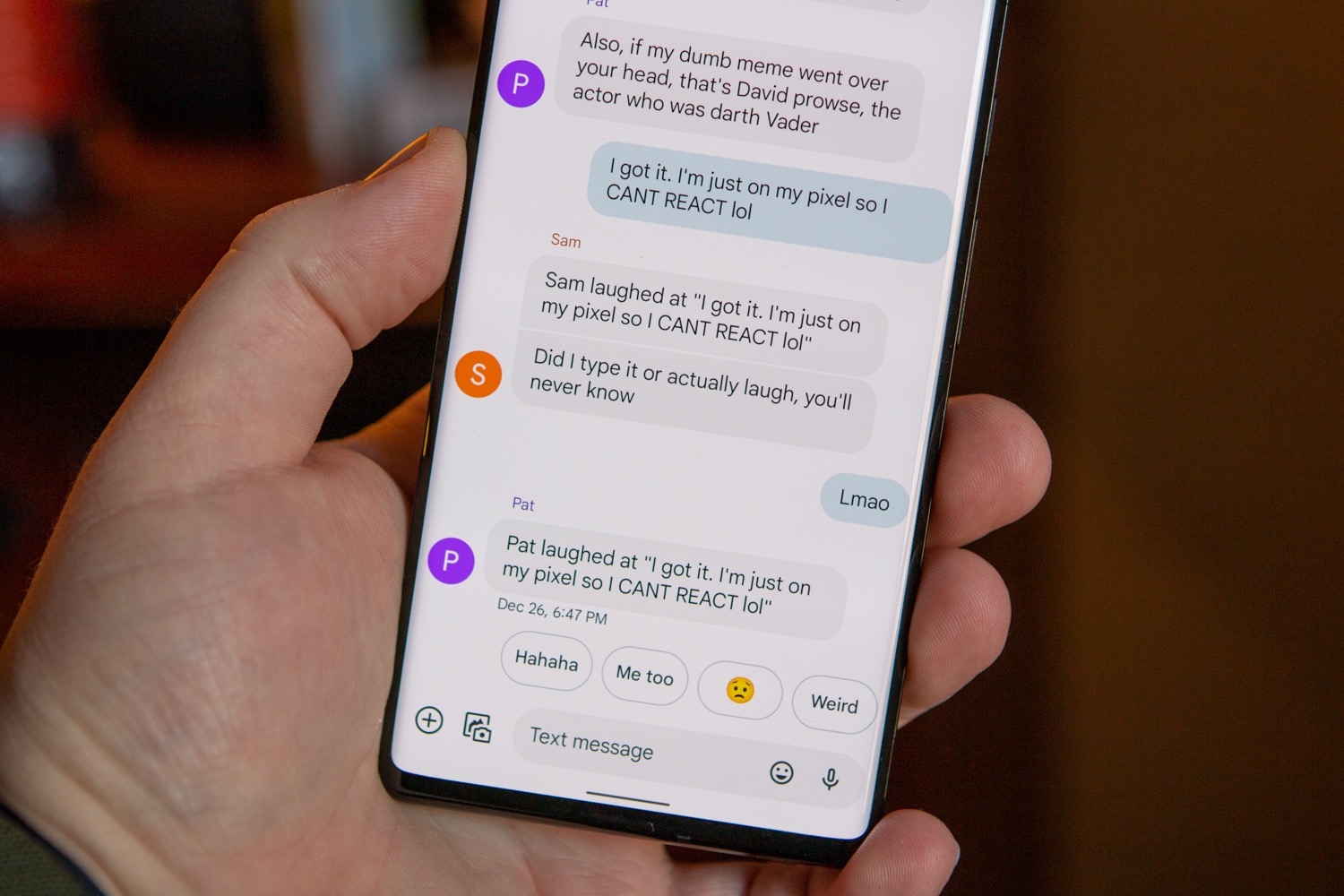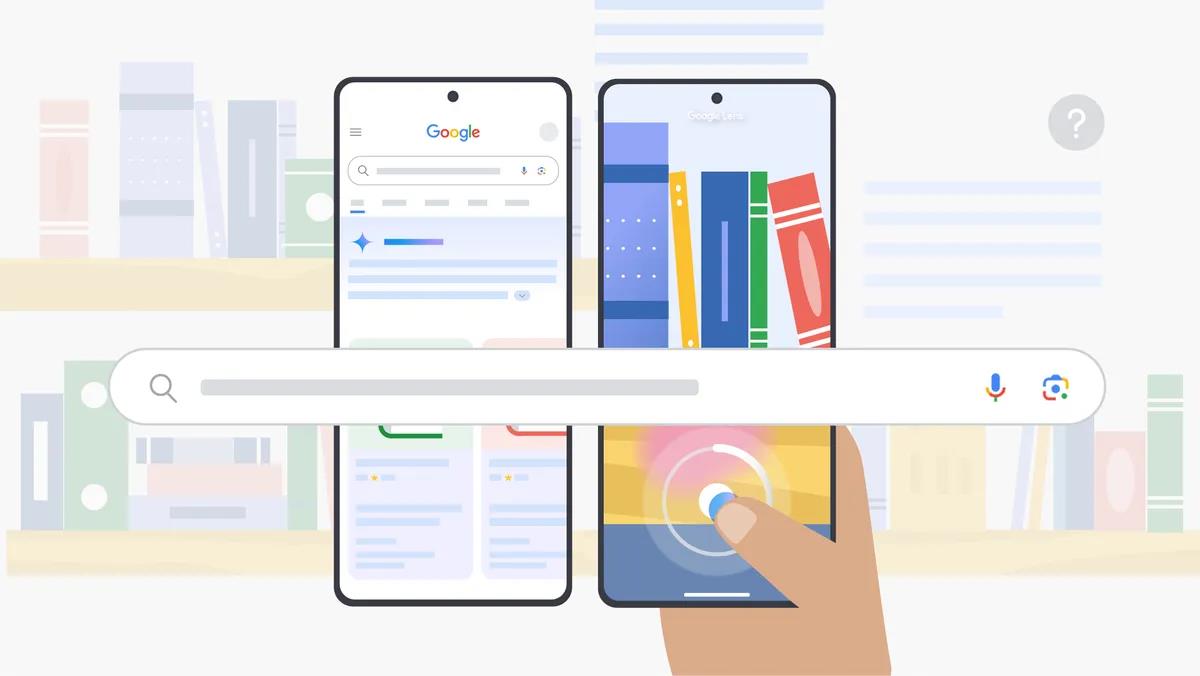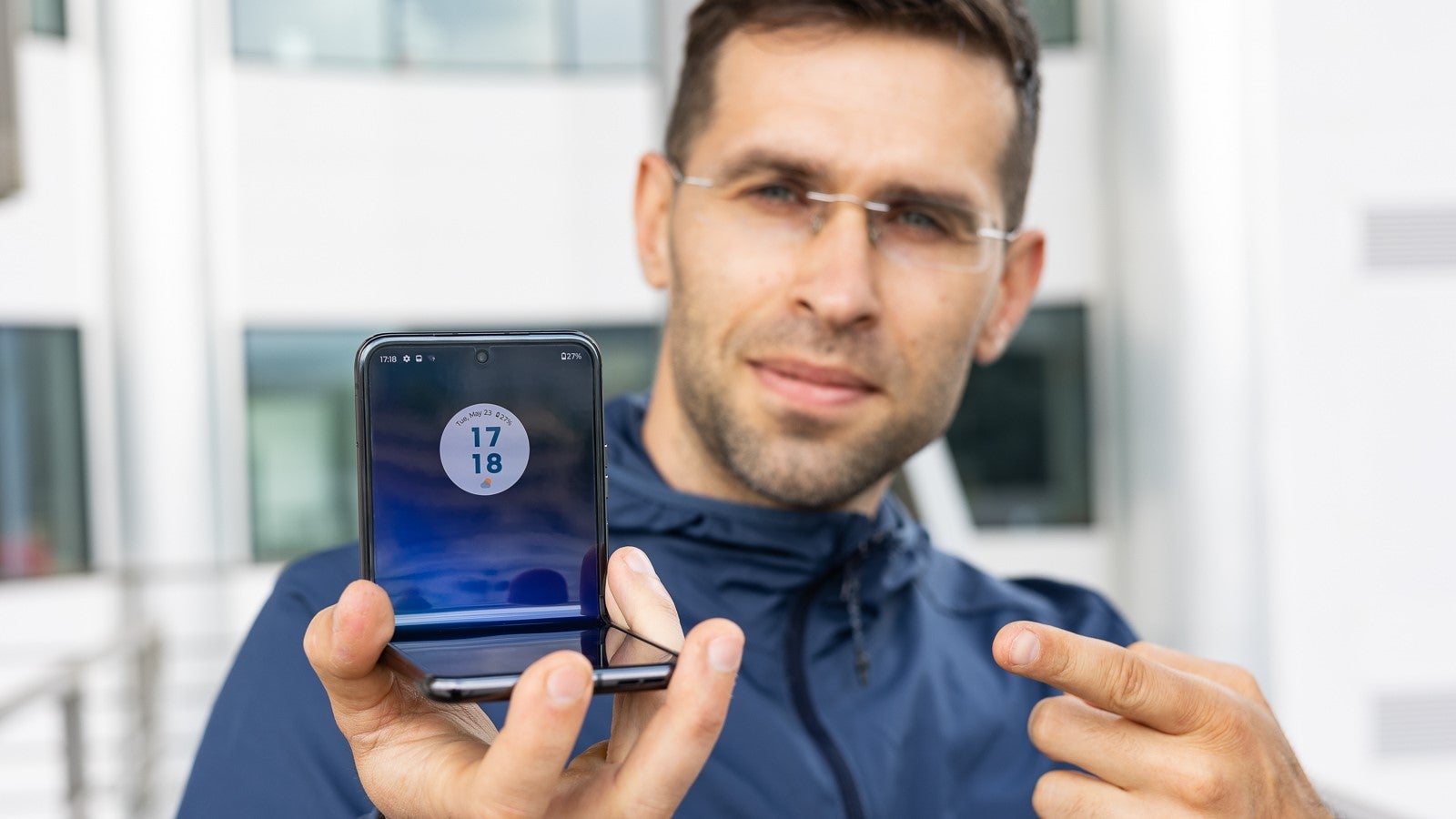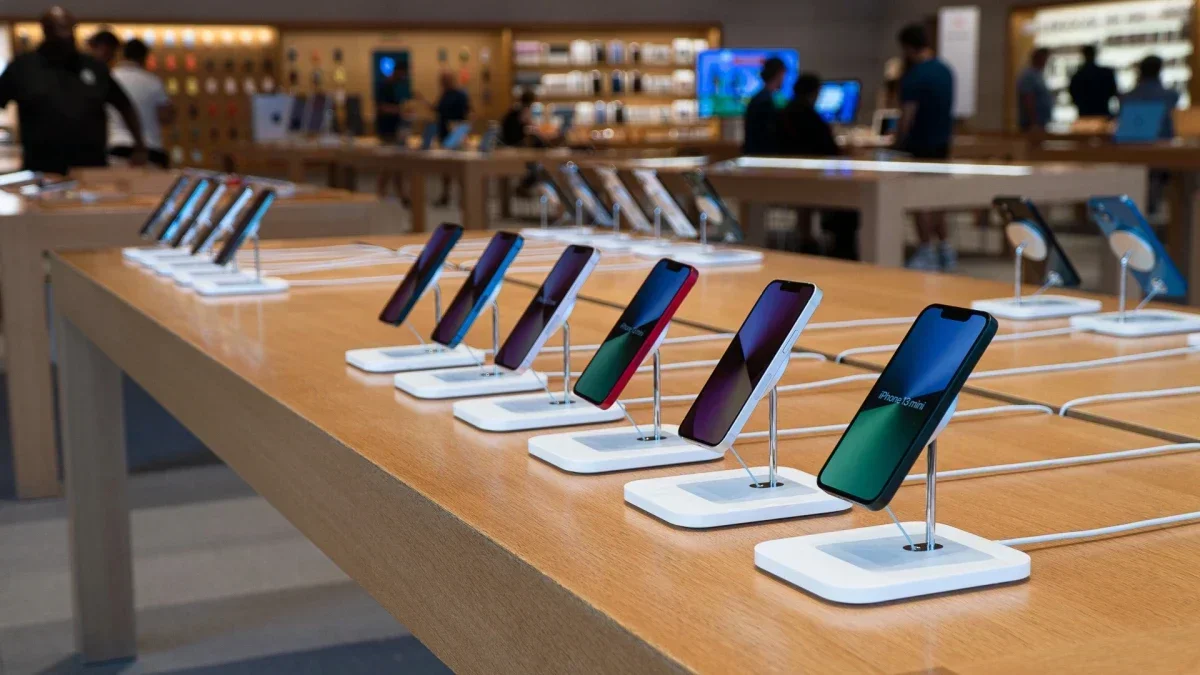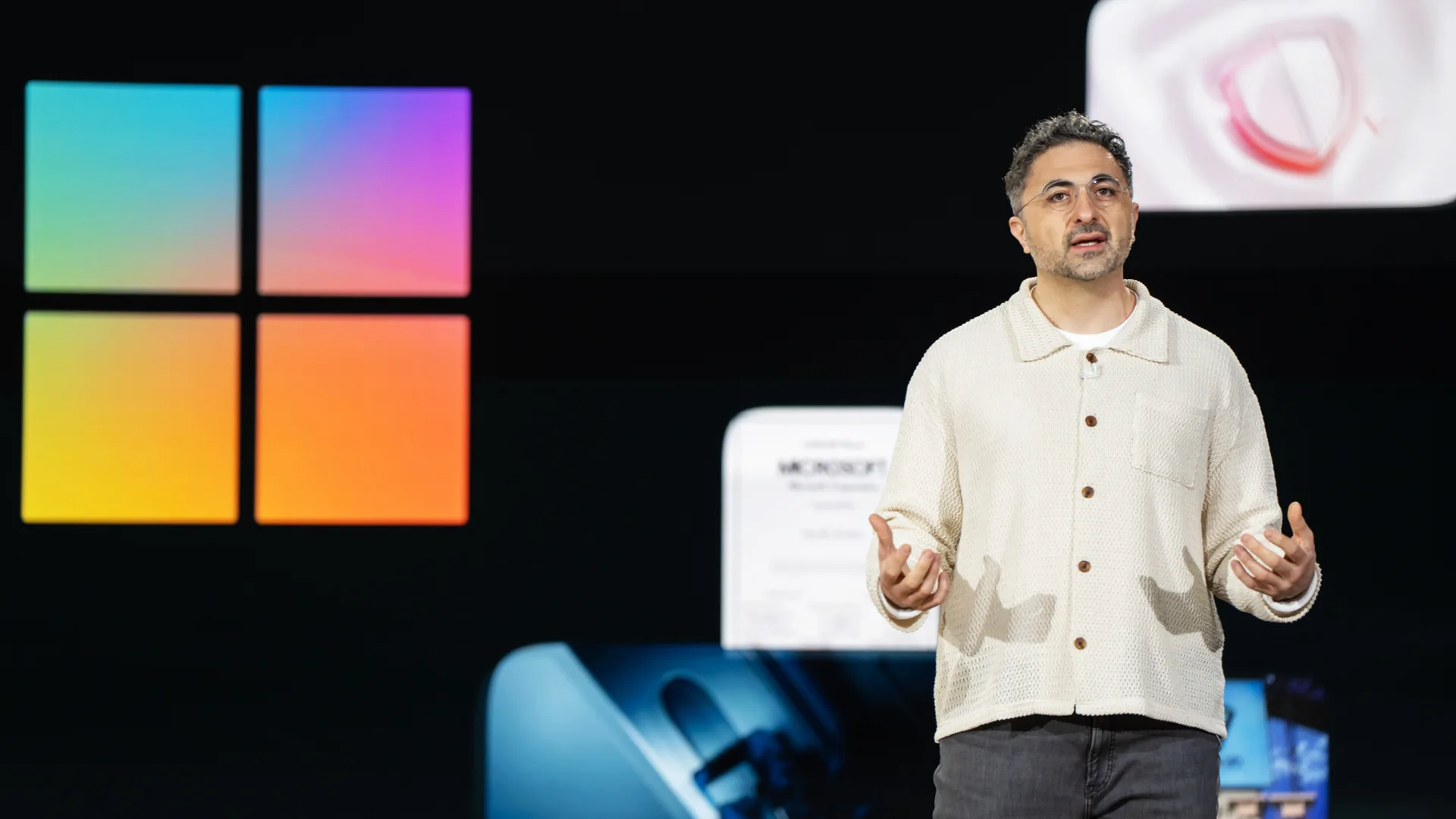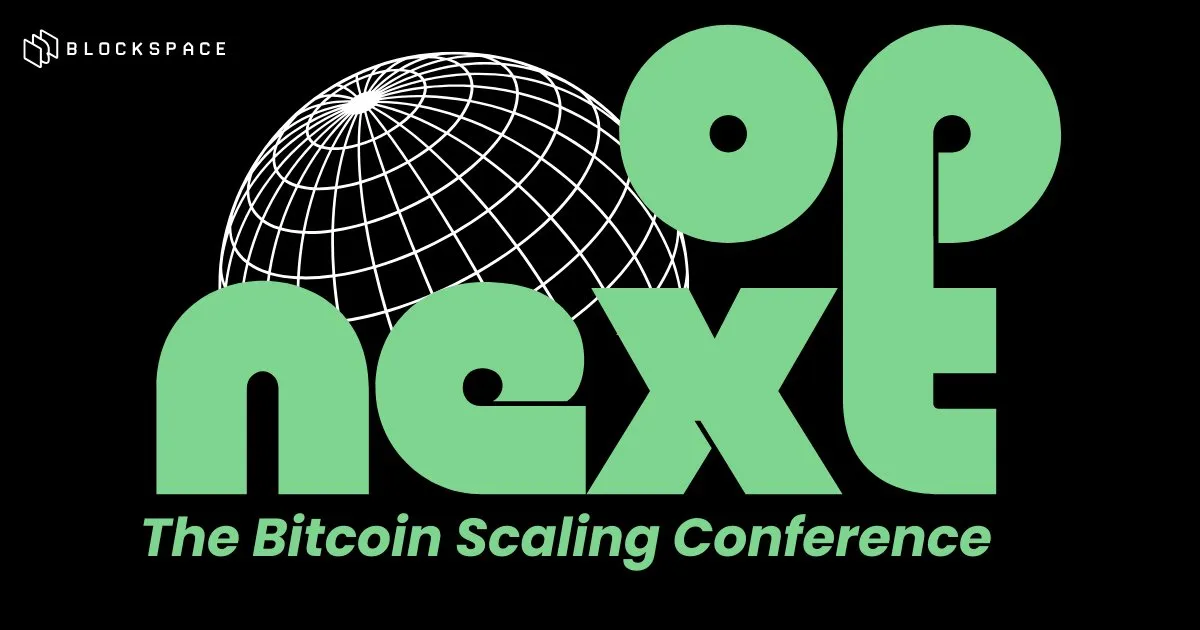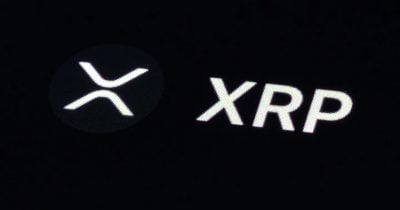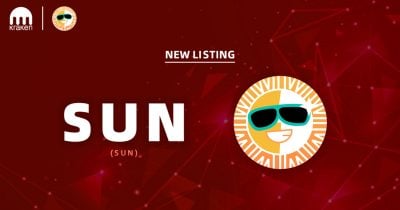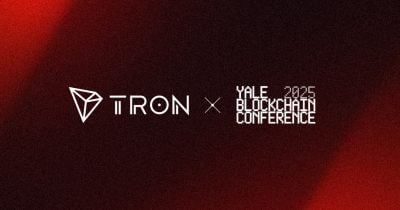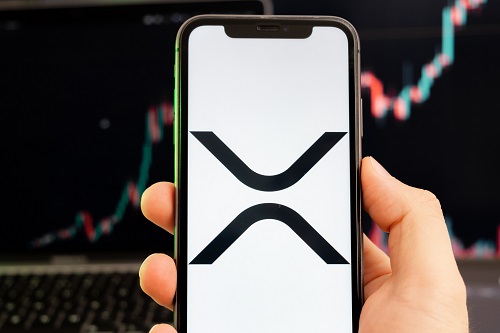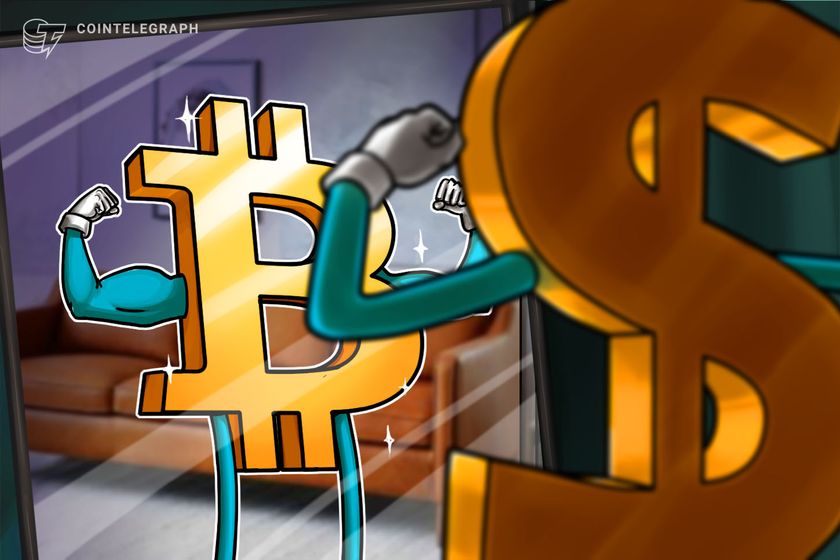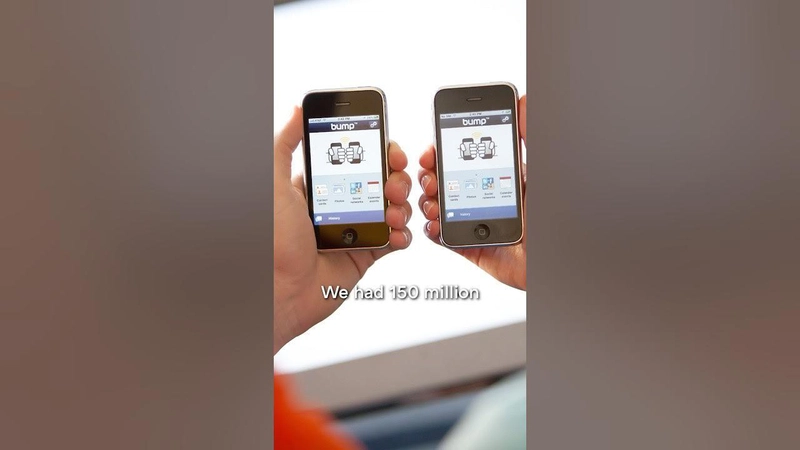Avoid These 5 Worst Interview Mistakes to Secure Your Tech Job
Common Coding Job Interview Mistakes If you've been doing nothing but grinding LeetCode for the past three or four months, and you've been dreaming of that first six-figure offer from a FANG company, then this guide is for you because I'm going to go over some of the common mistakes people make at job interviews that might seem really obvious but are often overlooked. I'm going to give you guys the top five most common coding job interview mistakes, in my opinion, in reverse order. Stay tuned to the end! 5. Failing to Do Specific Preparation You will not believe the number of people that show up to job interviews without having a single clue about what the company does or what their product is. Before you go into your job interview, spend a few minutes going over the job description carefully one more time. Think about how you would tailor your responses to the job description and be as specific as possible. Applying for jobs is extremely time-consuming. And if you have multiple interviews in a week, you might not feel like you have the time to take a deep dive into each company, but it is well worth your time. One of the most effective things you can do is to just spend a few minutes before your interview and go over the job description. Think about or write down how your skills and experiences tie into each of those points. For example, if I'm looking at a pretty typical job posting here for a software developer role, it says that they want someone with React and TypeScript experience who cares deeply about productivity and helping their teammates become more productive. So you could say something like:\ "I help my team members develop reusable UI components in React and TypeScript so that it would save us a lot of time and effort in the long term." Again, the key here is that you tailor your responses specifically to what they mentioned in the job description. 4. Giving Generic or Vague Responses This ties really well into my previous point. For example, if one of the questions is, "What is your greatest strength?"—which, by the way, is a super cliché question—don’t hit them back with something like:\ "Oh, I’m a great team player." or "I have great communication skills." That's just too basic and a very canned, not-authentic answer that everybody says. They're going to forget you the minute you walk out that door. Instead, what you want to do is maybe just look up some of the most common behavioral interview questions for software developers and come up with at least five or six different scenarios or stories that demonstrate the characteristics you want to portray. For example, if you want to demonstrate leadership or empathetic qualities, maybe talk about that time when you stayed late to do some tech support even though that wasn’t really part of your job, but the team was short-staffed during a product launch, and you just did what you had to do. Or maybe talk about how, when you were assigning projects and tasks to different team members, you really thought about whether those projects and tasks aligned with the team members' strengths, passions, and goals. 3. Rushing Into Code Too Quickly I see this all the time. When you're given a coding problem at an interview, don’t just start coding right away. Don't forget to ask clarifying questions such as: Should I be optimizing for time efficiency or readability? What is the largest possible input? What are the constraints? How many users will we be supporting? And when you're whiteboarding or coding, make sure to continually talk to your interviewers so that they understand your thought process and can steer you in the right direction. Rather than just silently writing code on the whiteboard and going in the complete opposite direction, they want to see that you can collaborate with other team members. 2. Bluffing The worst mistake you can make is bluffing. I’m sure everyone have done it before at least one time in their career, and I’ve seen it happen before—you just end up looking like a clown. Because the interviewer can easily tell that you are bluffing. Especially if you are a junior software developer, your interviewer will expect that there are things that you don’t know—it's very common. Being honest and upfront that you don’t have all the answers but that you are eager to learn shows that you are genuine and, most importantly, that you are honest. In my experience, if an interviewer senses that you are bluffing about your experience with a certain technology or language, it is a huge red flag, and chances are you will be rejected. 1. Not Making a Good First Impression Within the first 10 minutes, the interviewer can predict with 90% certainty whether he’s going to move the candidate on to the next round. Because usually, within the first one to two minutes of meeting a candidate, I already know whether I would be giving them a recommendation to move forwar

Common Coding Job Interview Mistakes
If you've been doing nothing but grinding LeetCode for the past three or four months, and you've been dreaming of that first six-figure offer from a FANG company, then this guide is for you because I'm going to go over some of the common mistakes people make at job interviews that might seem really obvious but are often overlooked.
I'm going to give you guys the top five most common coding job interview mistakes, in my opinion, in reverse order. Stay tuned to the end!
5. Failing to Do Specific Preparation
You will not believe the number of people that show up to job interviews without having a single clue about what the company does or what their product is. Before you go into your job interview, spend a few minutes going over the job description carefully one more time. Think about how you would tailor your responses to the job description and be as specific as possible.
Applying for jobs is extremely time-consuming. And if you have multiple interviews in a week, you might not feel like you have the time to take a deep dive into each company, but it is well worth your time. One of the most effective things you can do is to just spend a few minutes before your interview and go over the job description. Think about or write down how your skills and experiences tie into each of those points.
For example, if I'm looking at a pretty typical job posting here for a software developer role, it says that they want someone with React and TypeScript experience who cares deeply about productivity and helping their teammates become more productive.
So you could say something like:\
"I help my team members develop reusable UI components in React and TypeScript so that it would save us a lot of time and effort in the long term."
Again, the key here is that you tailor your responses specifically to what they mentioned in the job description.
4. Giving Generic or Vague Responses
This ties really well into my previous point.
For example, if one of the questions is, "What is your greatest strength?"—which, by the way, is a super cliché question—don’t hit them back with something like:\
"Oh, I’m a great team player." or "I have great communication skills."
That's just too basic and a very canned, not-authentic answer that everybody says. They're going to forget you the minute you walk out that door.
Instead, what you want to do is maybe just look up some of the most common behavioral interview questions for software developers and come up with at least five or six different scenarios or stories that demonstrate the characteristics you want to portray.
For example, if you want to demonstrate leadership or empathetic qualities, maybe talk about that time when you stayed late to do some tech support even though that wasn’t really part of your job, but the team was short-staffed during a product launch, and you just did what you had to do.
Or maybe talk about how, when you were assigning projects and tasks to different team members, you really thought about whether those projects and tasks aligned with the team members' strengths, passions, and goals.
3. Rushing Into Code Too Quickly
I see this all the time.
When you're given a coding problem at an interview, don’t just start coding right away. Don't forget to ask clarifying questions such as:
- Should I be optimizing for time efficiency or readability?
- What is the largest possible input?
- What are the constraints?
- How many users will we be supporting?
And when you're whiteboarding or coding, make sure to continually talk to your interviewers so that they understand your thought process and can steer you in the right direction.
Rather than just silently writing code on the whiteboard and going in the complete opposite direction, they want to see that you can collaborate with other team members.
2. Bluffing
The worst mistake you can make is bluffing.
I’m sure everyone have done it before at least one time in their career, and I’ve seen it happen before—you just end up looking like a clown. Because the interviewer can easily tell that you are bluffing.
Especially if you are a junior software developer, your interviewer will expect that there are things that you don’t know—it's very common. Being honest and upfront that you don’t have all the answers but that you are eager to learn shows that you are genuine and, most importantly, that you are honest.
In my experience, if an interviewer senses that you are bluffing about your experience with a certain technology or language, it is a huge red flag, and chances are you will be rejected.
1. Not Making a Good First Impression
Within the first 10 minutes, the interviewer can predict with 90% certainty whether he’s going to move the candidate on to the next round.
Because usually, within the first one to two minutes of meeting a candidate, I already know whether I would be giving them a recommendation to move forward or a rejection.
The fact is, the interview process is very human. It is not objective. I think there is a lot of truth to it.
Remember that during an interview, you are talking to humans. You’re not simply passing coding challenges on a whiteboard. You’re not talking to machines—unless you’re just doing like a Hacker Rank online quiz that they sent you.
For better or worse, people are not 100% logical creatures. They’re going to hire people that they like, get along with, and consider a cultural fit.
People are susceptible to all sorts of cognitive biases. I’m not saying to pretend to be someone that you’re not, but I am saying—get some practice.
Don’t let your nervousness or introversion get in the way of presenting yourself in the best possible light. And of course, the best way to do that is to:
- Practice, practice, practice.
- Get comfortable.
- Do lots of mock interviews so you don’t go in there, and you're just super awkward and can’t communicate.
Conclusion
Alright guys, so those are my tips for doing well on the communication side of tech interviews. If you found that helpful, please give this guide a million hearts and followers, and I will write you soon. Bye!
Stay connected with me on my other platforms:


























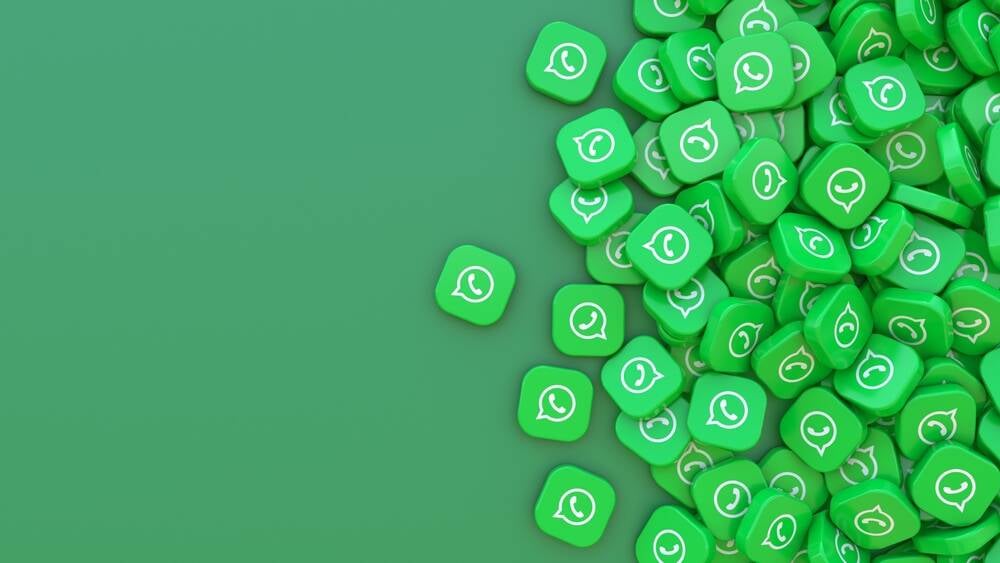













































































































































![[The AI Show Episode 143]: ChatGPT Revenue Surge, New AGI Timelines, Amazon’s AI Agent, Claude for Education, Model Context Protocol & LLMs Pass the Turing Test](https://www.marketingaiinstitute.com/hubfs/ep%20143%20cover.png)










































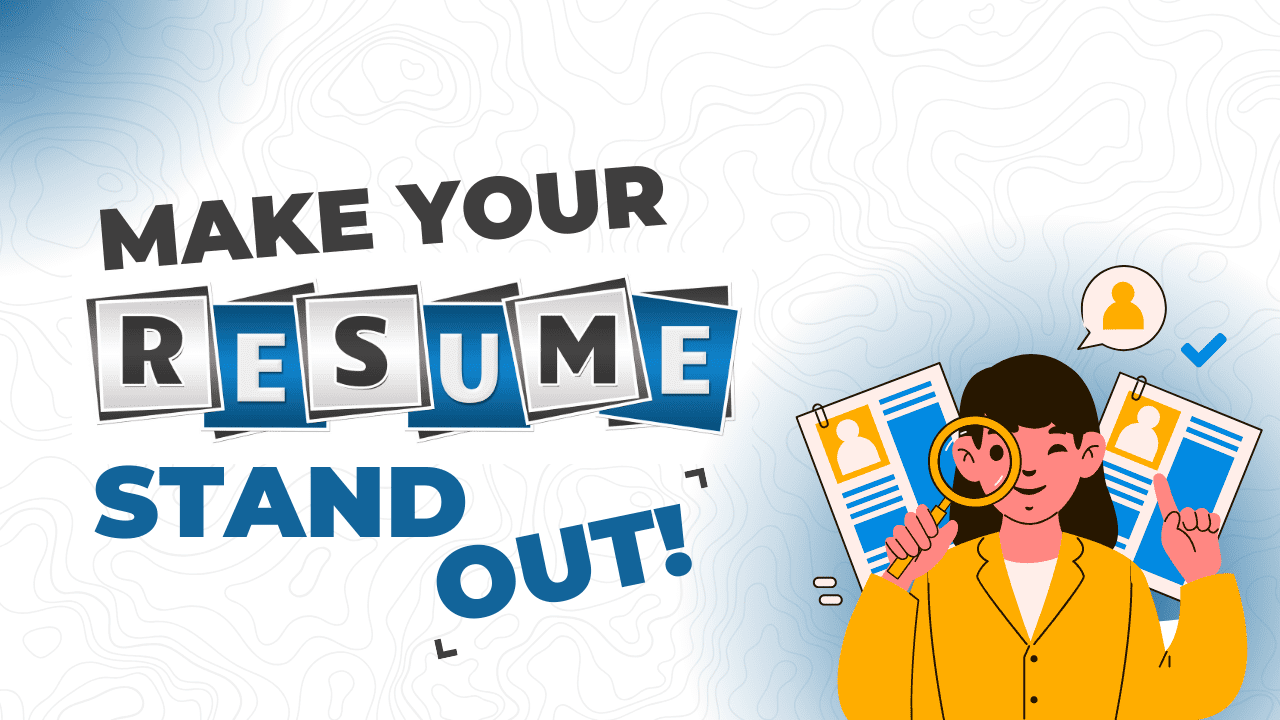







































































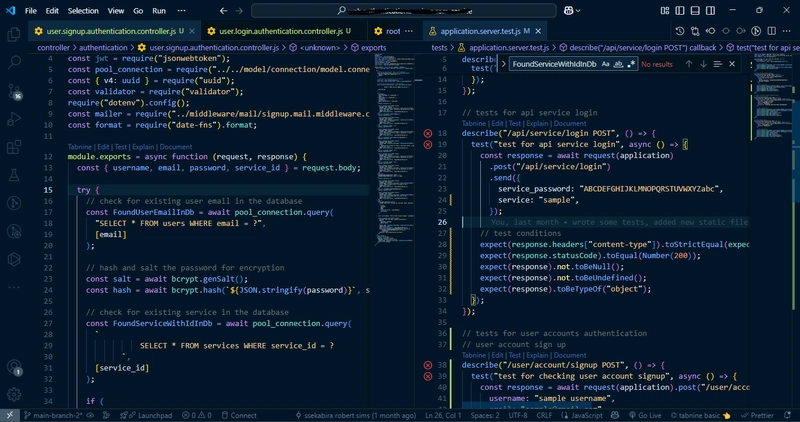
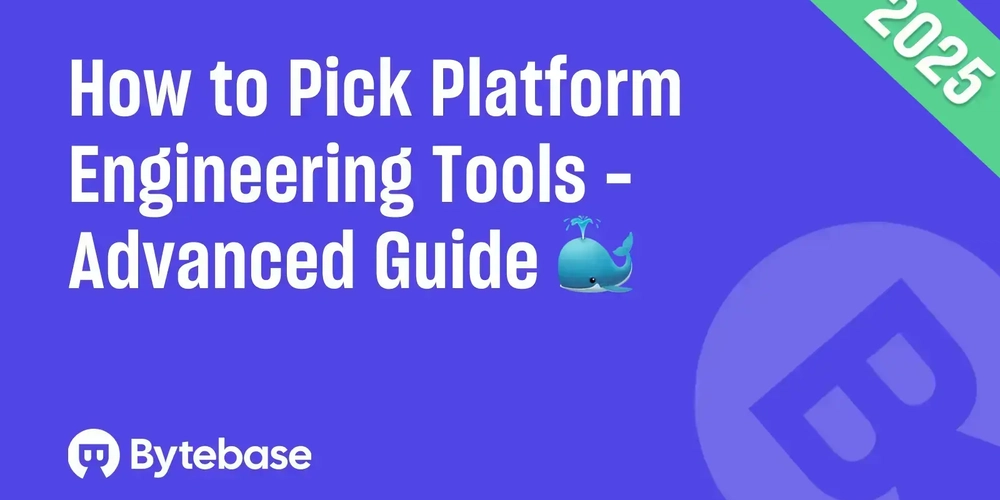
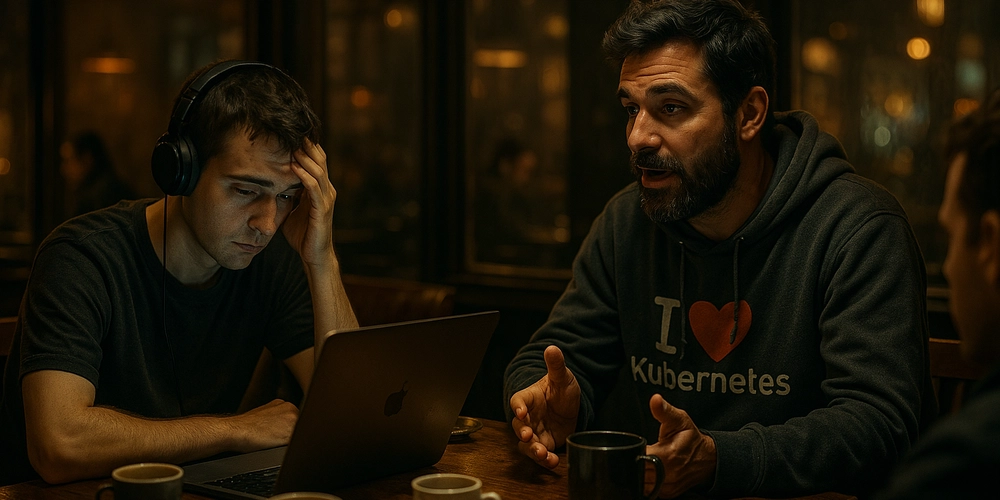
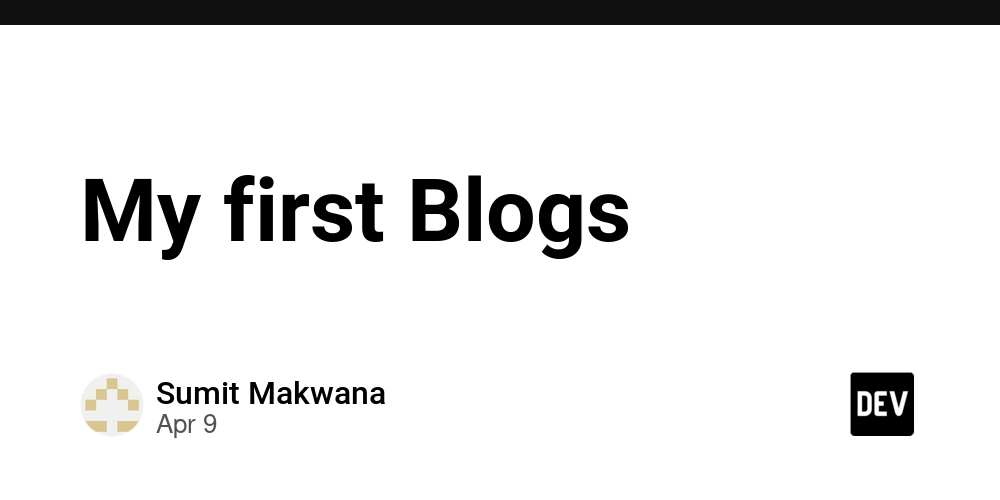













![From drop-out to software architect with Jason Lengstorf [Podcast #167]](https://cdn.hashnode.com/res/hashnode/image/upload/v1743796461357/f3d19cd7-e6f5-4d7c-8bfc-eb974bc8da68.png?#)









































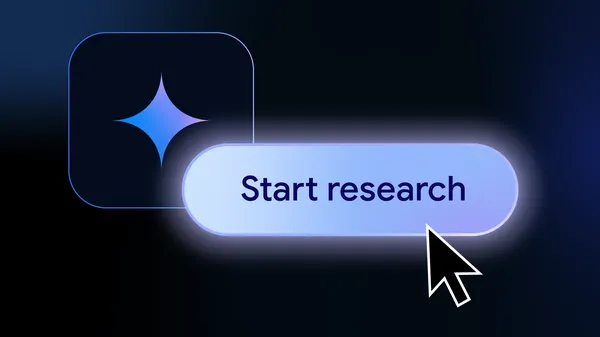
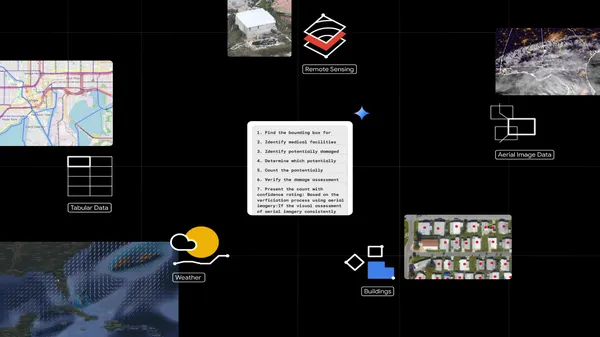







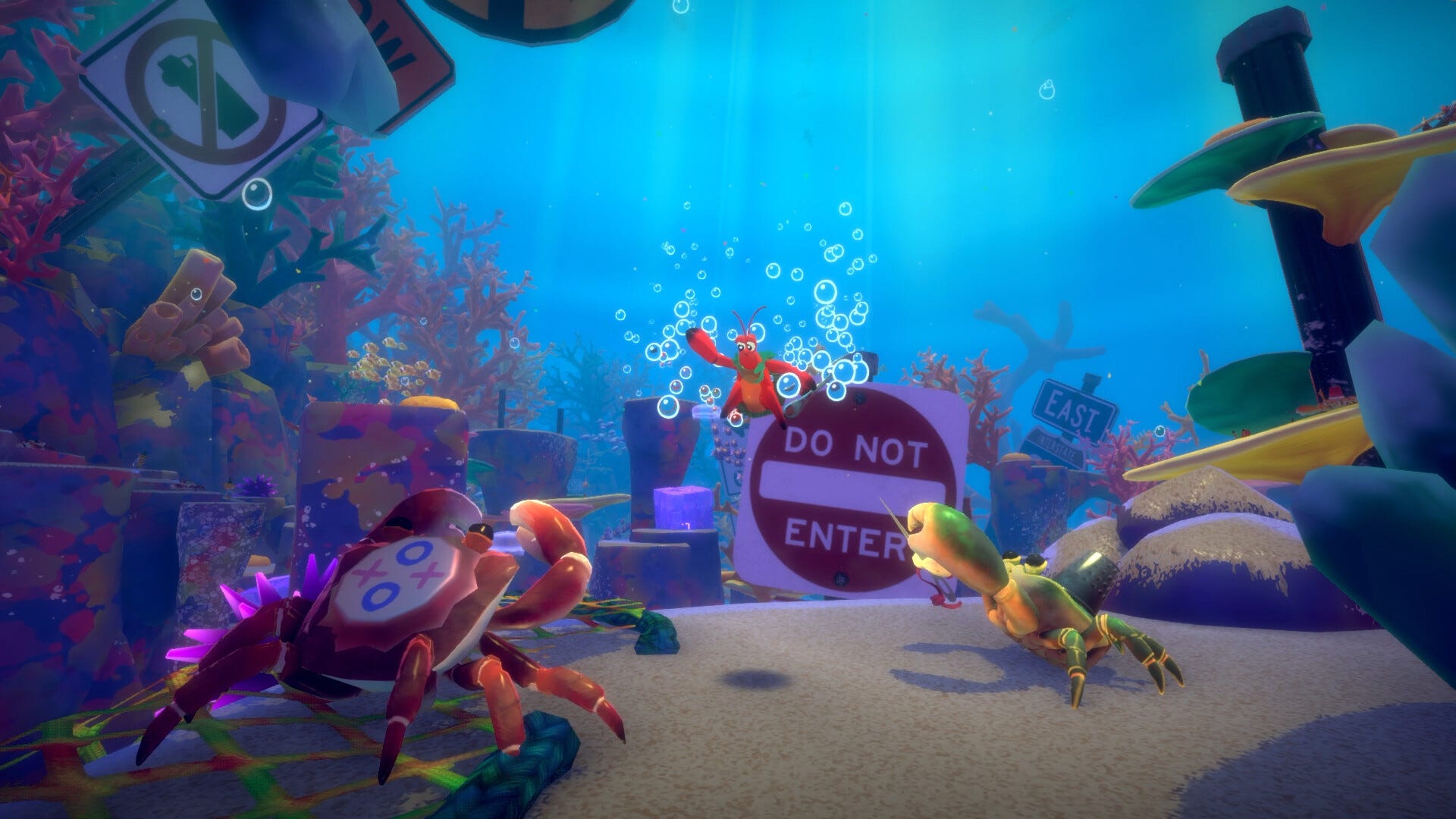







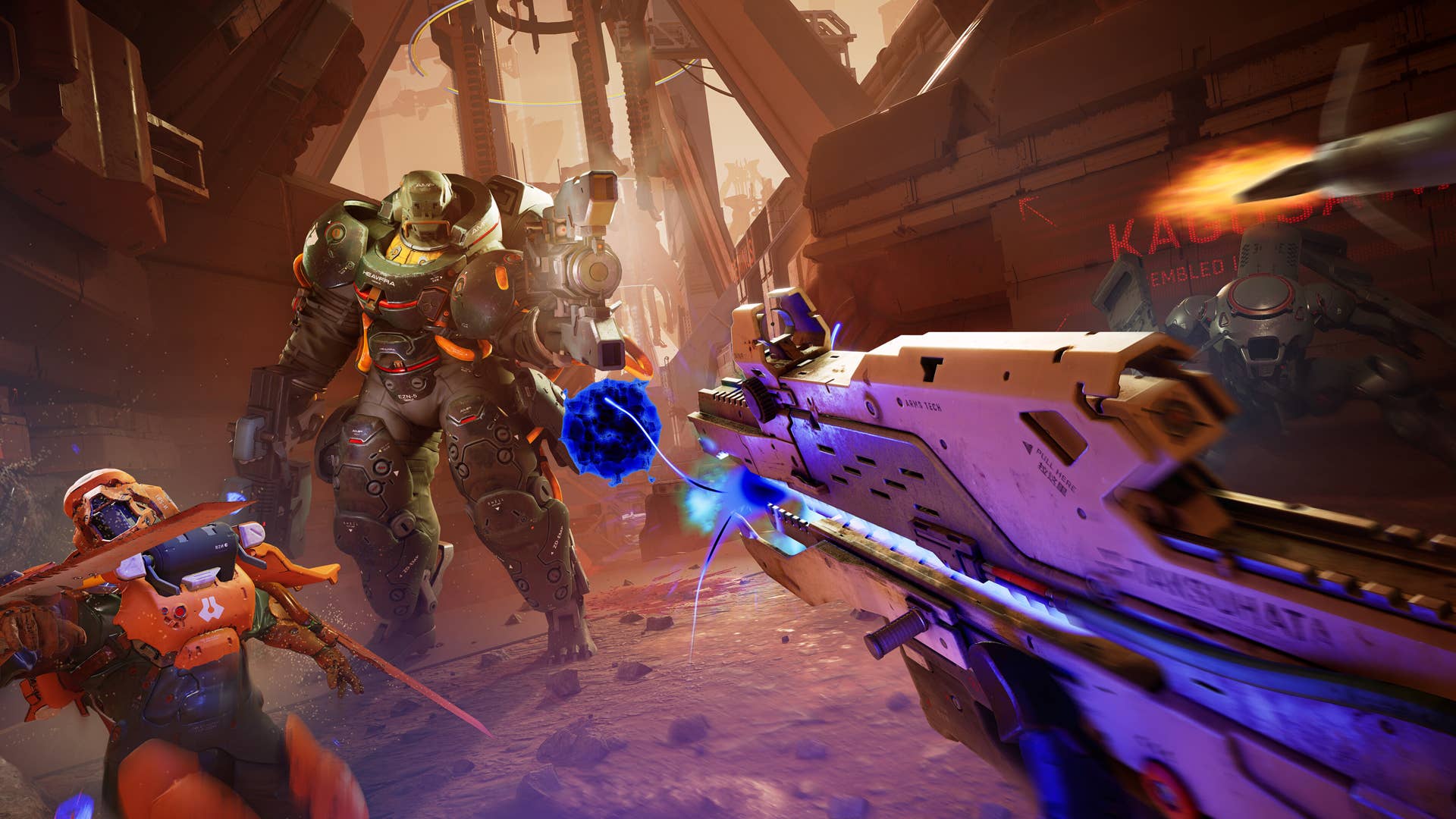














































.jpg?#)

















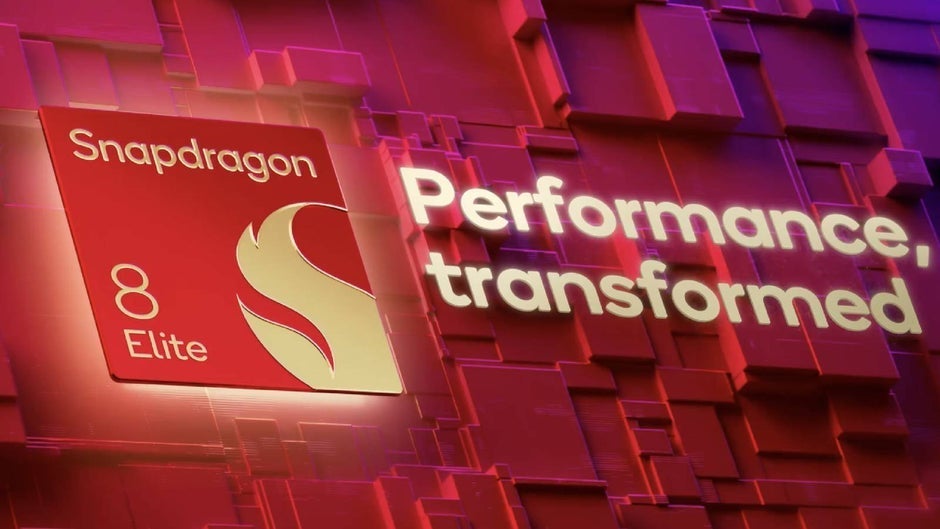













_ArtemisDiana_Alamy.jpg?#)


 (1).webp?#)








































































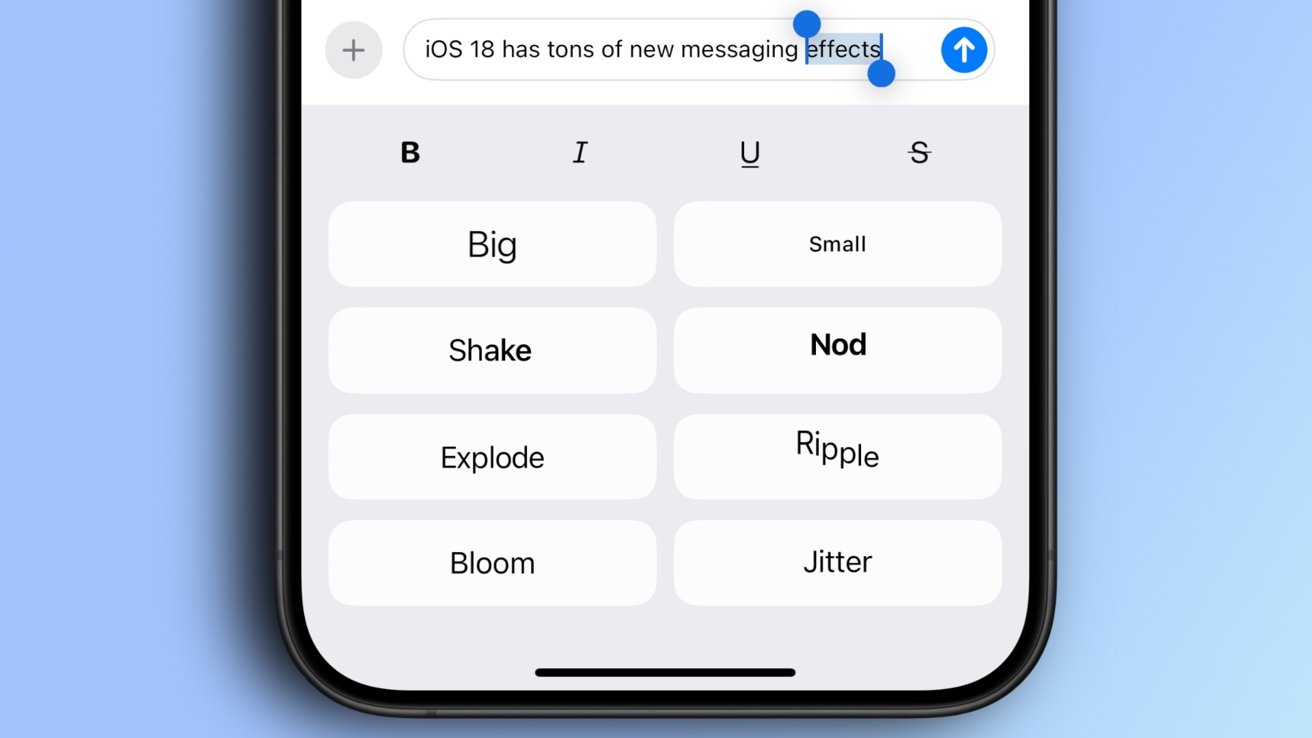
-xl.jpg)

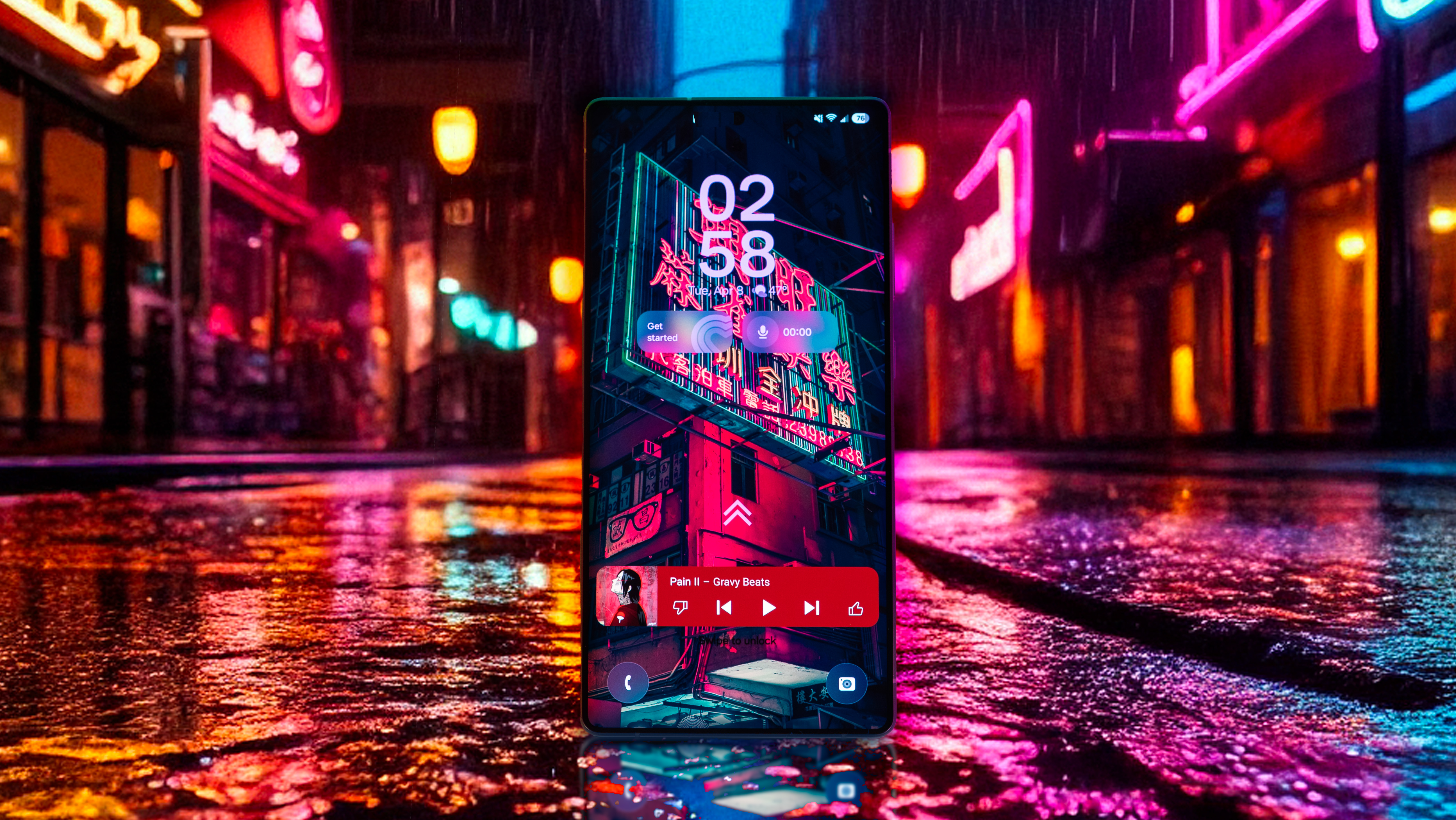
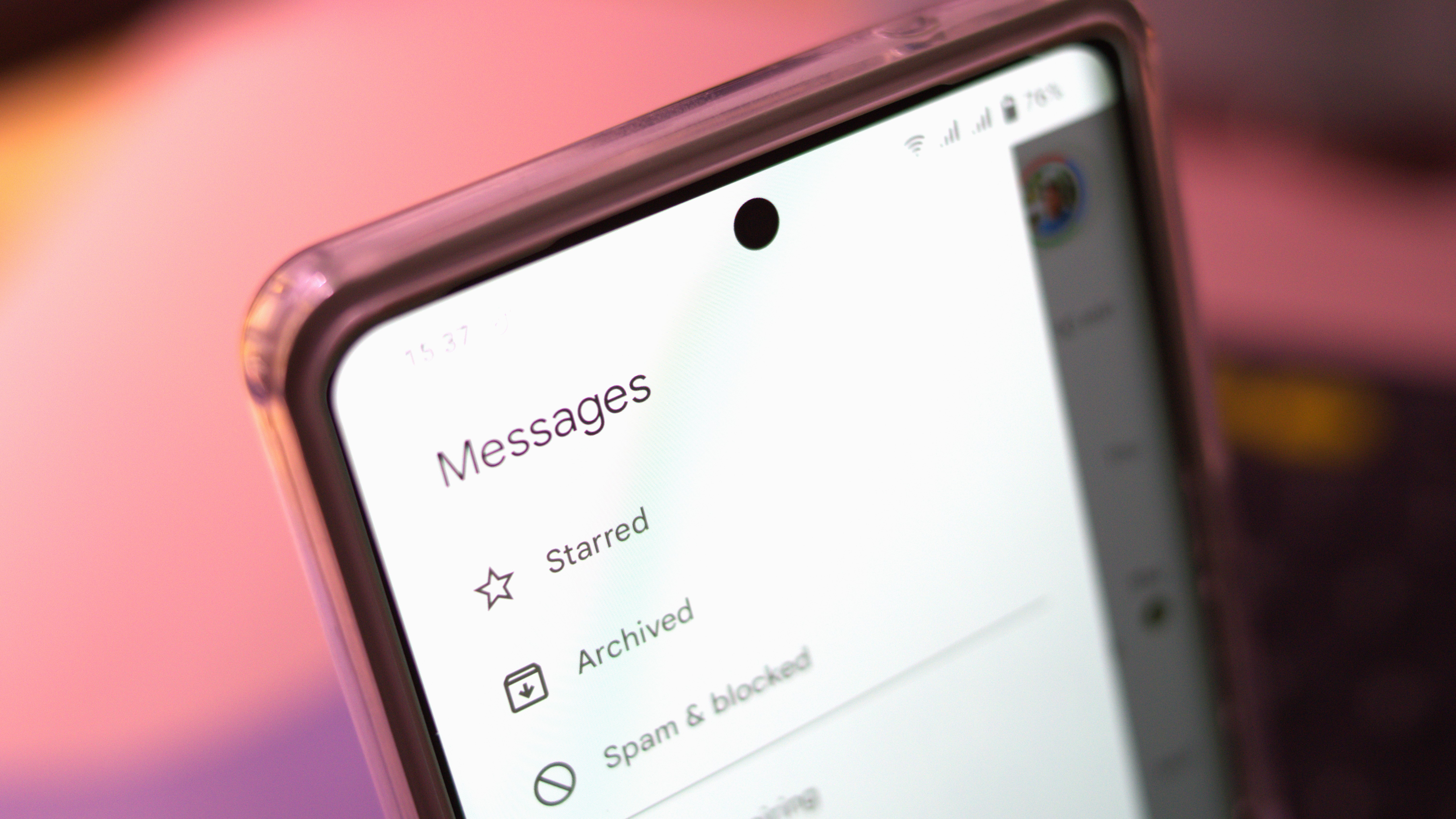

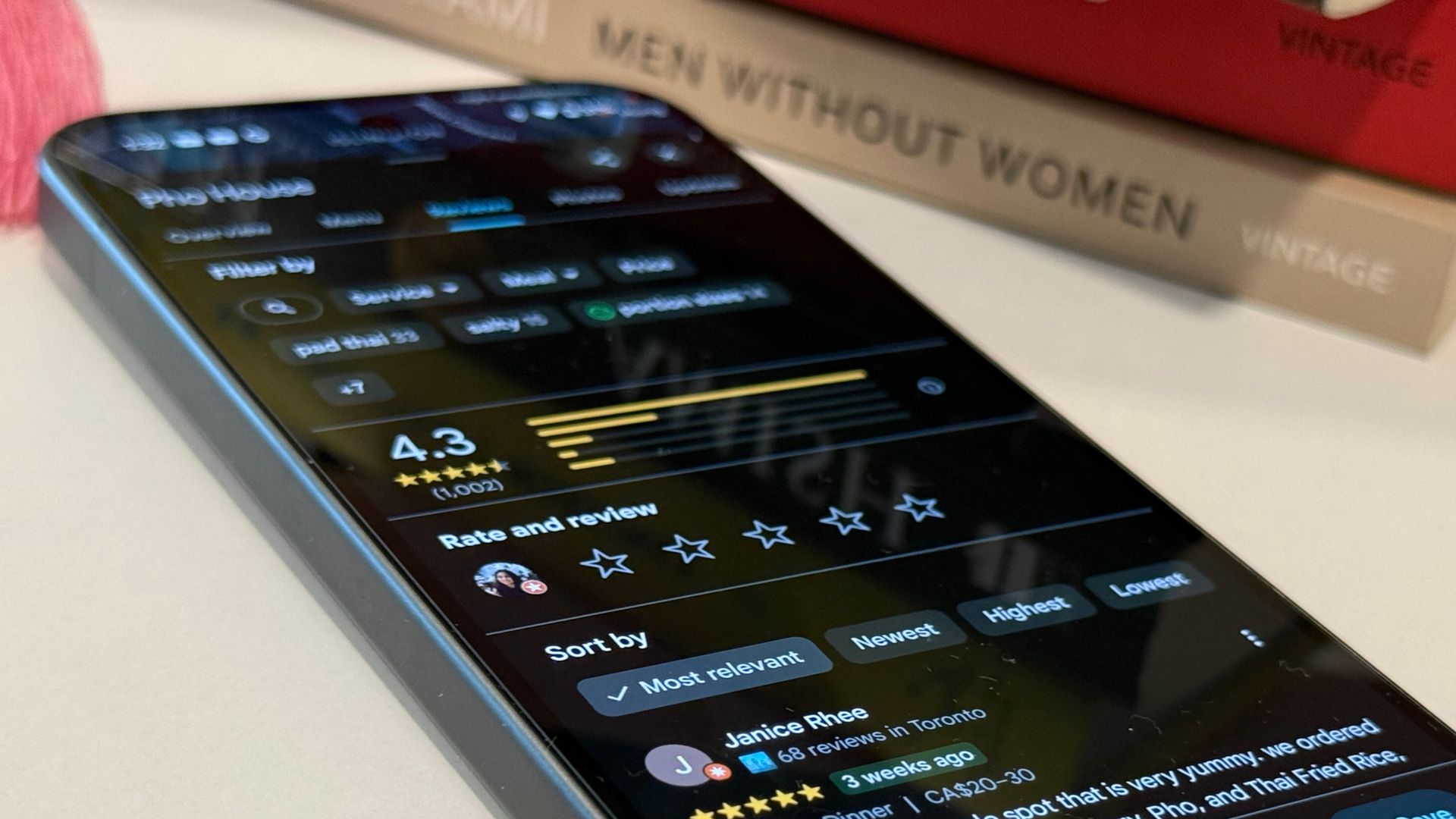

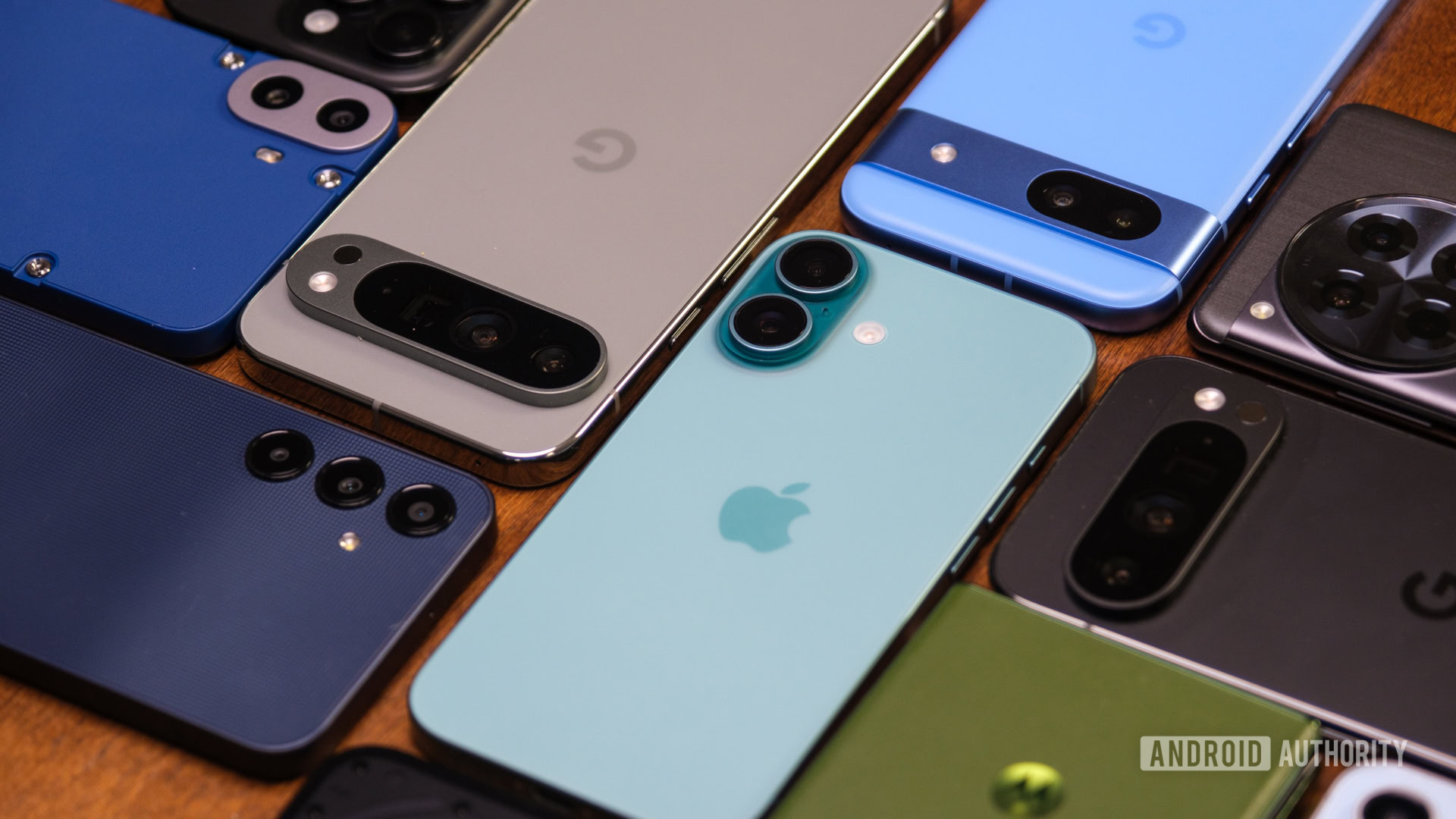





![Yes, the Gemini icon is now bigger and brighter on Android [U]](https://i0.wp.com/9to5google.com/wp-content/uploads/sites/4/2025/02/Gemini-on-Galaxy-S25.jpg?resize=1200%2C628&quality=82&strip=all&ssl=1)









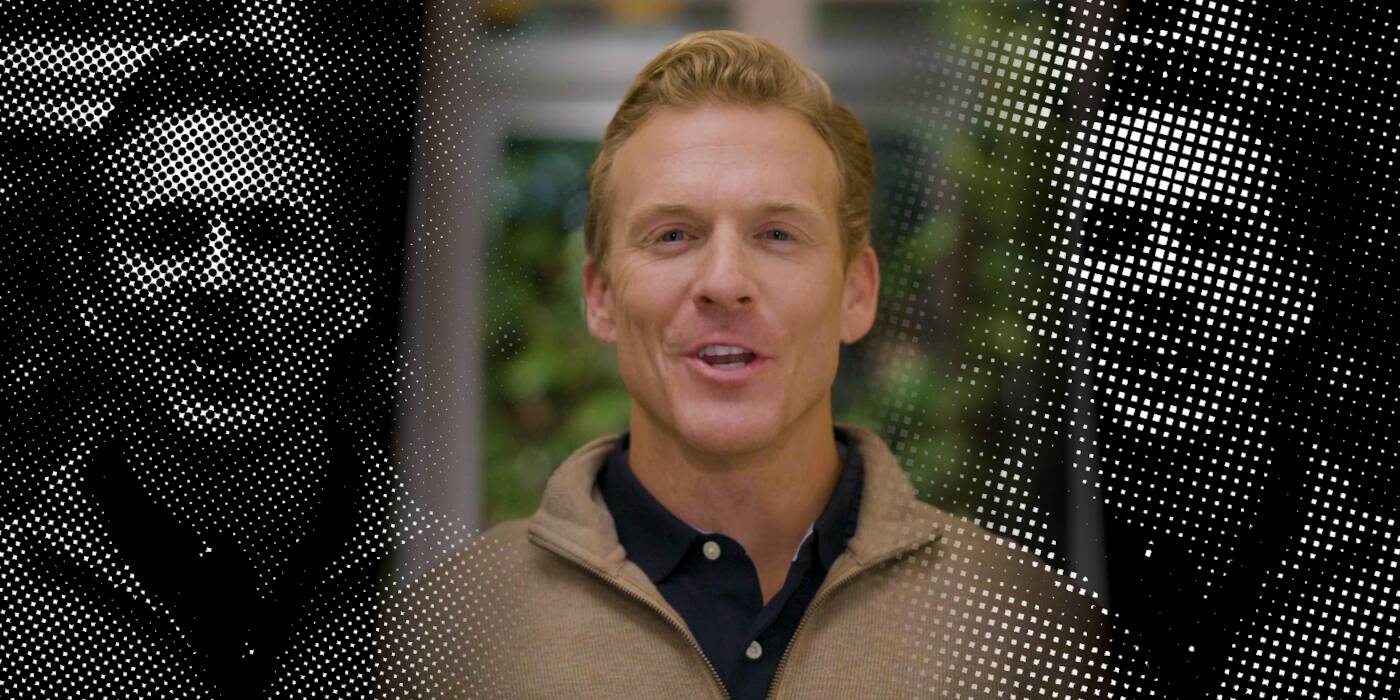
![Apple Rushes Five Planes of iPhones to US Ahead of New Tariffs [Report]](https://www.iclarified.com/images/news/96967/96967/96967-640.jpg)
![Apple Vision Pro 2 Allegedly in Production Ahead of 2025 Launch [Rumor]](https://www.iclarified.com/images/news/96965/96965/96965-640.jpg)














